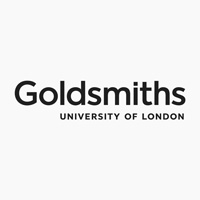fees waived
Media and Communications, BA (Hons)
Goldsmiths, University of London, United Kingdom
Ranking in UK
Communication and Media Studies
Communication and Media Studies
Communication and Media Studies
Costs
food & rent S$24.7k / year
Entry requirements
Scholarships
Limited quantity
Information
Code
Intakes
Website (External)
Programmes
Information
Duration
2029
The BA in Media and Communications at Goldsmiths integrates media practice with communications theory, providing a balanced curriculum where students explore critical perspectives on media and engage in contemporary practices. Taught by industry professionals in a top-ranked department, the program dedicates 50% to critical theories—covering topics like artificial intelligence, race, and global screen cultures—and 50% to practical skills in areas such as film, journalism, and animation. Students benefit from advanced facilities, work placements, and a diverse learning environment, equipping them for careers in media or related fields.The degree structure includes compulsory and optional modules across three years, with Year 1 focusing on foundational theory and practice, Year 2 building on these with specialization, and Year 3 offering advanced options and major projects. Assessment methods include essays, presentations, group projects, and examinations. Only first-year applications are accepted.
A local representative of Goldsmiths, University of London in Singapore is available online to assist you with enquiries about this course.

